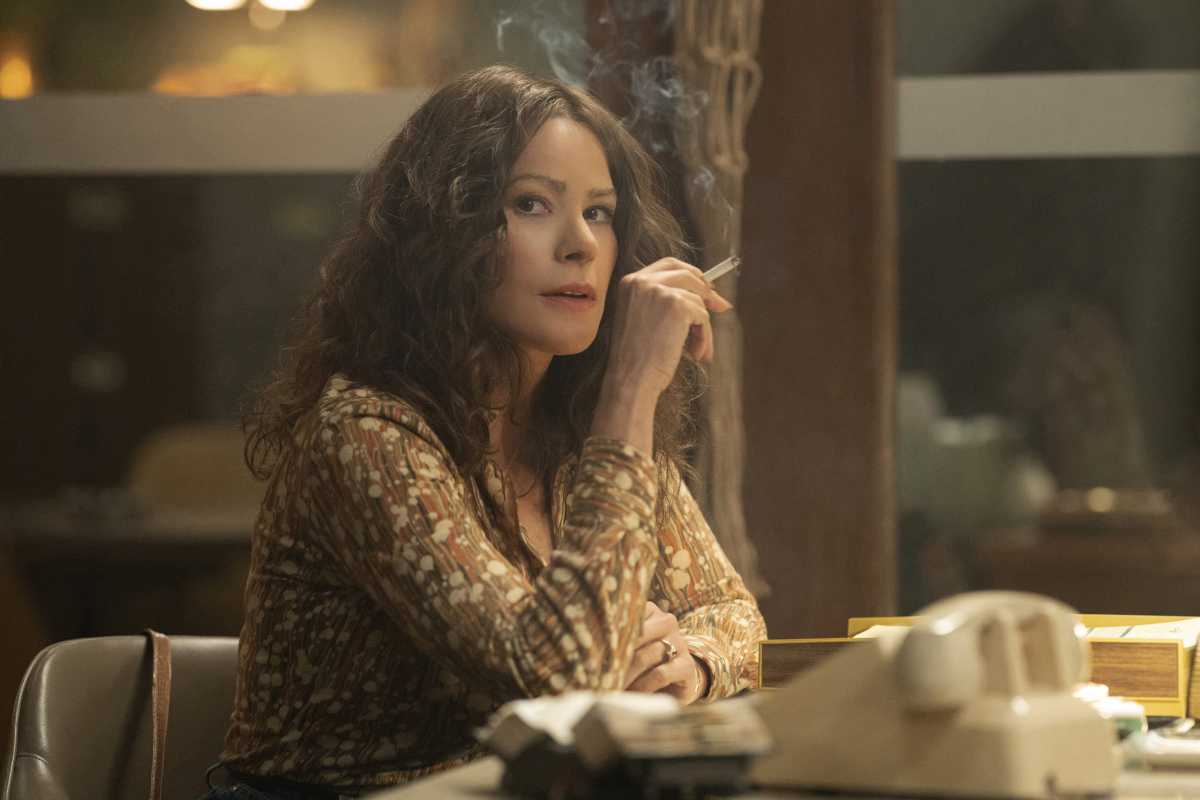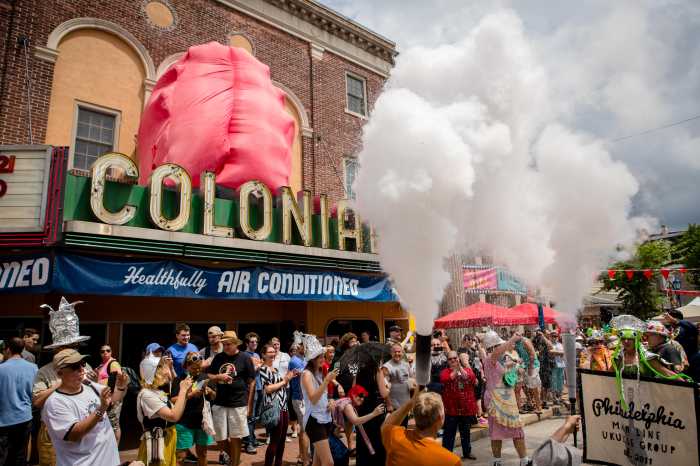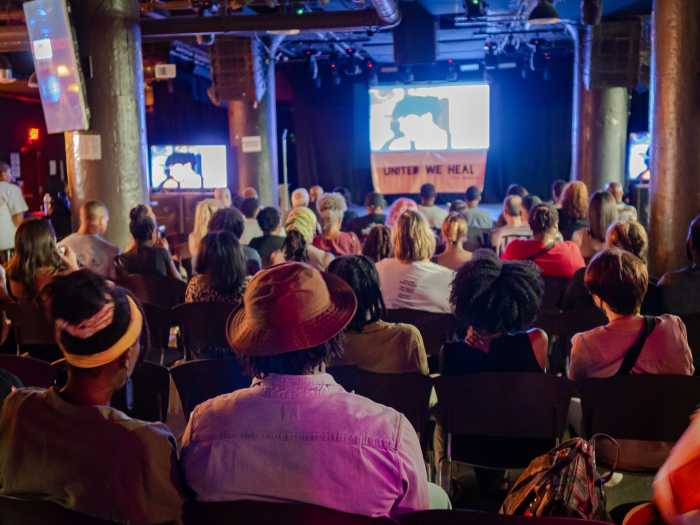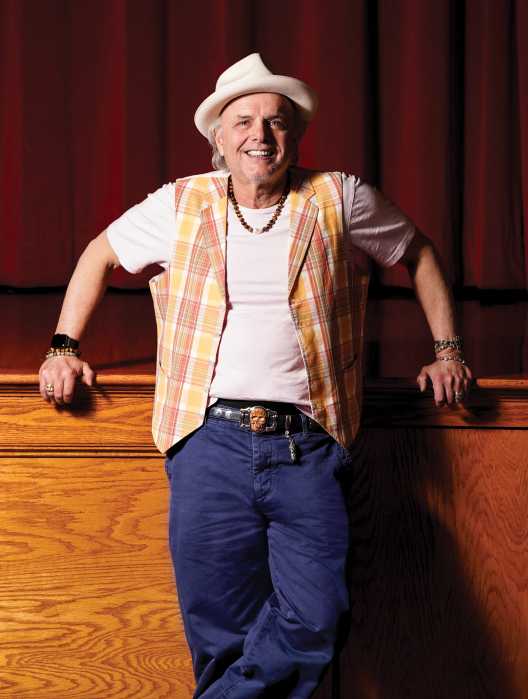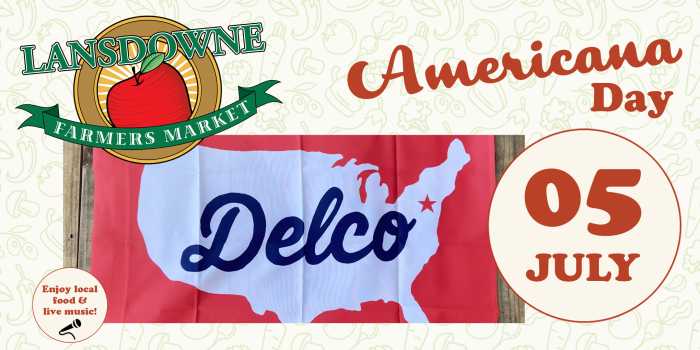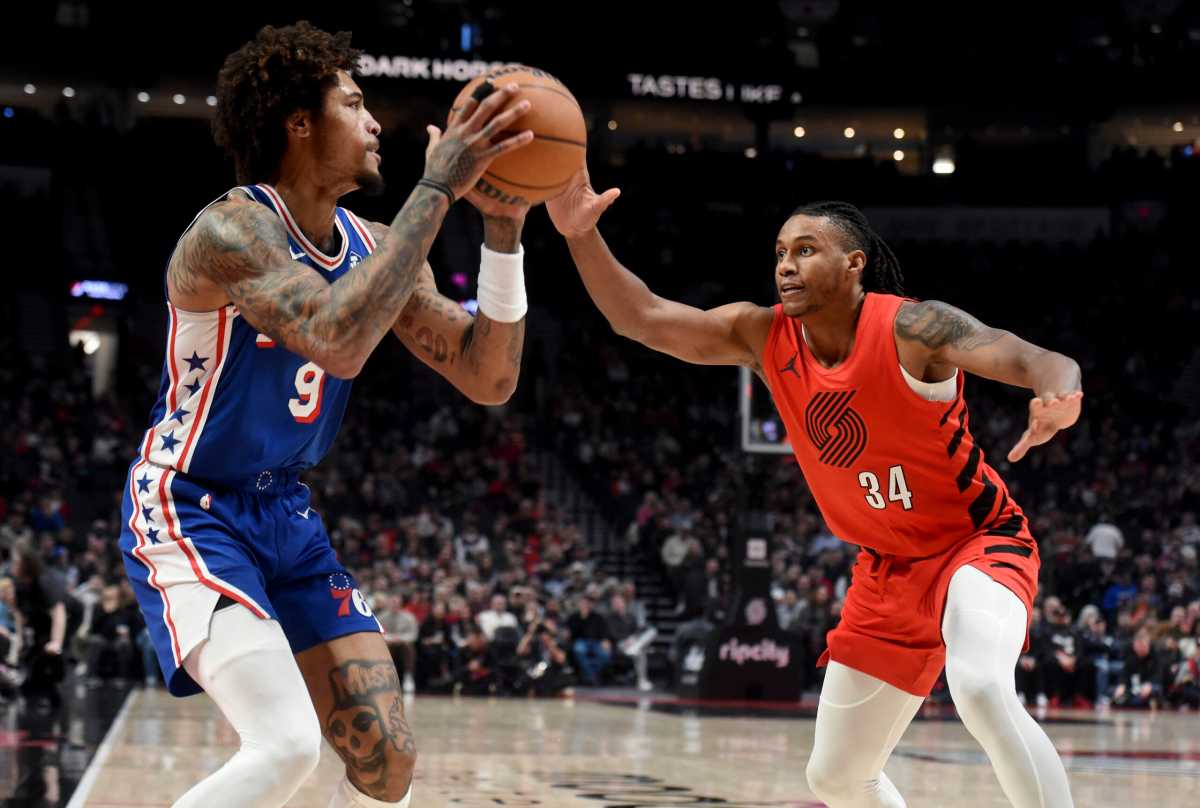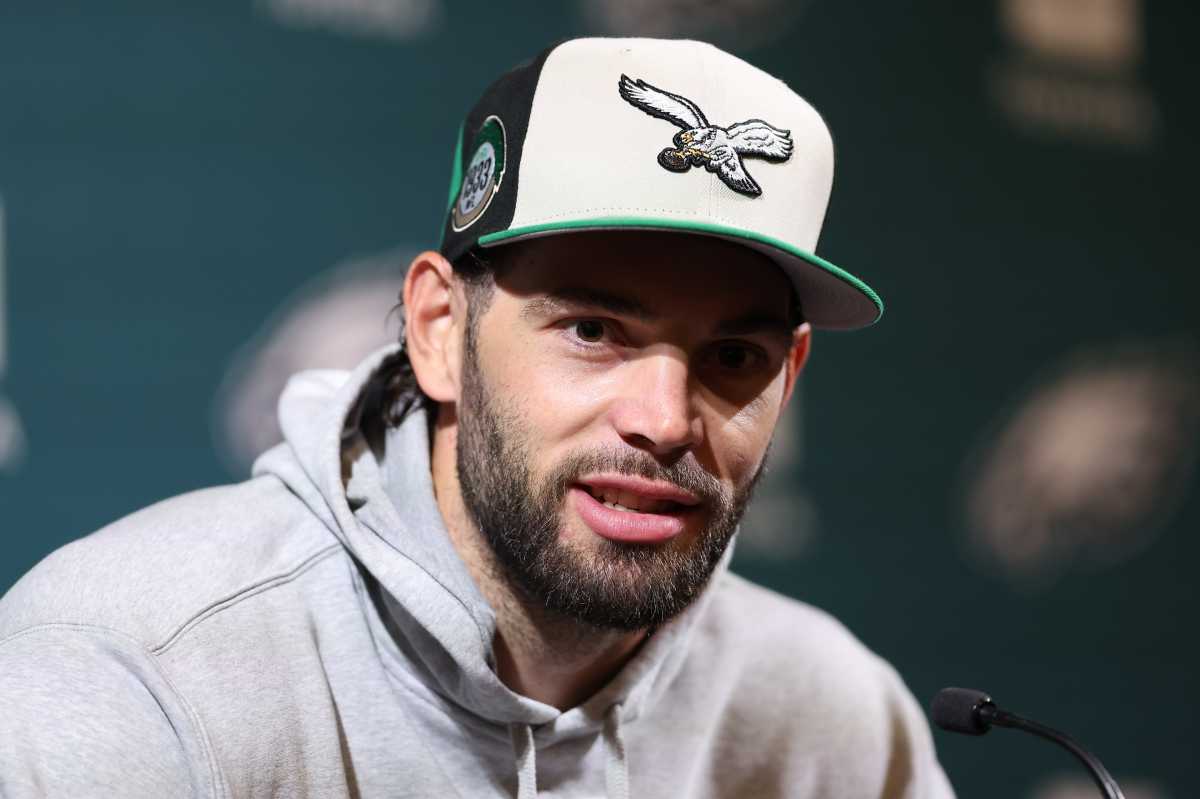By Luz Lancheros, MWN
In the latest episode of ‘Euphoria’, Rue tears apart her family, friends and half the city (yes, it happens) to alleviate her dreadful opioid withdrawal. The episode not only portrays what some documentaries and YouTube channels have shown about the main pandemic affecting the United States – with more than 100k overdoses by fentanyl – but it is the first time that the addiction, distribution and production of narcotics are deglamorized in fiction. Because it is undoubtedly that landmark films of drug culture in the West as ‘Scarface’ (1983), ‘Boogie Nights’ (1997), ‘Trainspotting’ (1996) or ‘The Wolf of Wall Street’ (2013) glamorize consumption, even if it has behind it a trail of destruction. In ‘Euphoria’ they are far from it (there is only the gruesome trail of victims Rue leaves behind), as clarified by Zendaya on Instagram.
In this way, the actress and producer dissociates herself from a whole tradition of romanticizing a phenomenon that keeps producing countries in cultural and neocolonial stigmas, while Hollywood still romanticizes the big bosses. Something we have seen with the Netflix series ‘Narcos,’ especially with the character of Pablo Escobar, played by Wagner Moura. The role has incidentally been taken by actors who can pass for ‘Latino,’ or simply are, such as Benicio del Toro in ‘Paradise Lost’ (2014) and Javier Bárdem in the failed biopic of the capo’s mistress, Virginia Vallejo, in ‘Escobar, the Betrayal’ (2017) and previously in ‘Blow’ (2001) with Johnny Depp. The first two films fared quite poorly critically and at the box office, compared to the Netflix series, which began to be a great global reference of what has happened in the history of countries like Colombia and Mexico in terms of their socio-political history in recent decades.
But the phenomenon did not stop there. It has reached fashion and meme culture. That’s why Catherine Zeta-Jones also stepped into the shoes of the pioneer of drug trafficking in Colombia in the 70s, the eccentric and bloodthirsty Griselda Blanco. This, in 2017’s ‘Cocaine Godmother.’ But perhaps for some producers, the story didn’t quite gel, and that’s why the most important Colombian actress in recent years, Sofia Vergara, is going to reprise the character in a Netflix miniseries. But is there really a need for more series on a subject that has already had absolutely everything taken out of it?
The problem is that Hollywood doesn’t have all the influence in this and there is a market that still wants to see these stories, which bring in revenue and audience by the bucketload. Colombia and Mexico in turn have contributed, since the first decade of this century, to telling their stories. Some in more responsible ways than others. And others, in more successful ways than others. In fact, the series ‘Pablo Escobar, The Drug Lord,’ by Caracol Televisión (2012) is still in the top 10 of Netflix Latin America and swept audiences and awards in Colombia. And, although it was a very well-documented production (even relatives of victims participated in it) and paid tribute to those who died confronting him – Escobar became a popular character in the rest of Latin America and Spain for his sayings and style.
This has also happened with telenovelas such as ‘Sin senos no hay paraíso’ (Without Breasts There Is No Paradise, 2016-2019), with even up to three seasons and the famous ‘El señor de los cielos’ (Lord of the Skies), which had more than 3 million viewers on Telemundo since its first season. Another series of the channel, based on the book by Arturo Pérez-Reverte, ‘La reina del sur’ (The Queen of the South), was already picked up on Netflix as a sequel and stars Kate del Castillo, who became famous for her close encounters with ‘El Chapo’.
Yes, some people are tired that these series create a stigma of negative representation for those who come from drug-producing countries. But they will probably not stop watching these productions. And it remains to be seen what the angle of Sofia Vergara’s series will be: whether to tell the story from two sides, as happened with ‘El patrón del mal’ (Pablo Escobar, The Drug Lord) or show the absolute romanticization of ‘Narcos.’



